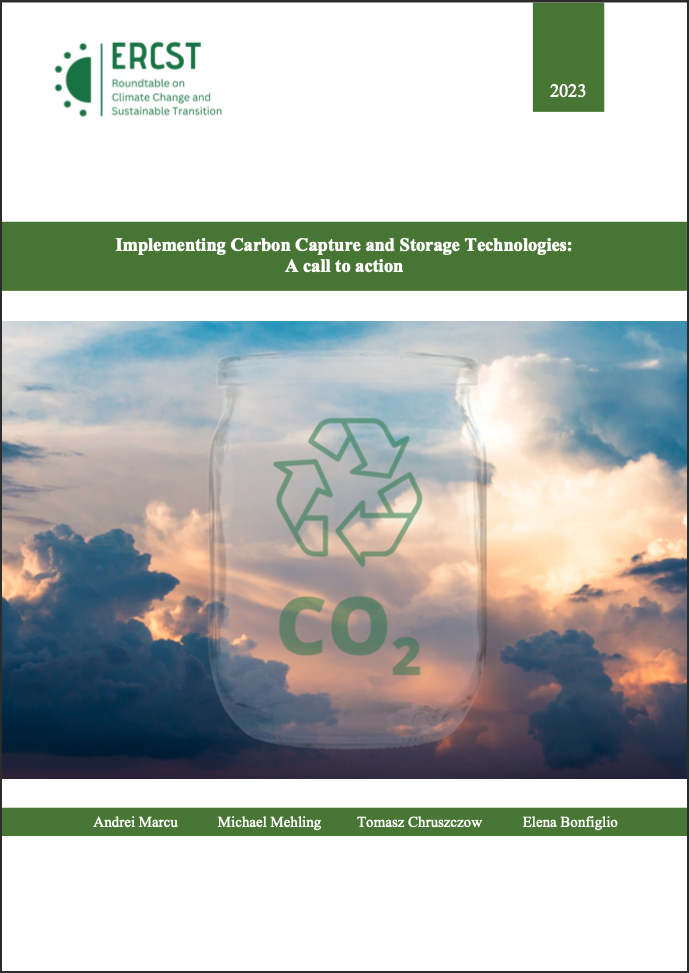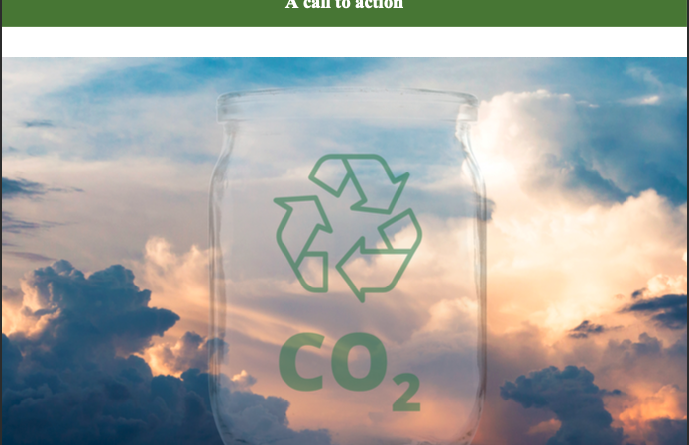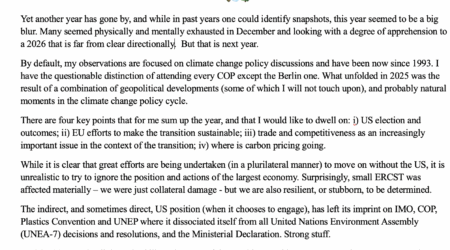Implementing Carbon Capture and Storage Technologies: A Call to Action
Author(s): Andrei Marcu, Michael Mehling, Tomasz Chruszczow, Elena Bonfiglio
Without exception, a survey of mitigation scenarios describing pathways towards net zero emissions in line with the temperature stabilization targets of the Paris Agreement shows that CCUS and removals are a necessary part of the equation across all scenarios. In line with the nationally determined approach of the Paris Agreement, different countries will pursue different strategies towards decarbonization, reflecting their vastly divergent domestic circumstances. Across all countries, CCUS and removals will be critical for achieving net zero emissions.
If all options are to be on the table, however, they also need to secure the necessary technical and political support. Until recently, CCUS and removal technologies have not benefitted from the same political and technical support as other options, especially renewable energy solutions. Both the imperative of decarbonization and the nationally determined nature of the Paris Agreement require that the principle of technology neutrality – which has lately been neglected – be restored to the centre of the discussion.
To remain an option, this technology and approach will need to receive increased political support, both at the national and regional level, such as in the EU, as well as at the international level. Much remains to be done in this respect, highlighting the urgency of prompt action. The next major opportunity to accelerate the exploration and deployment of CCUS will present itself at the 28th Session of the Conference of the Parties to the UNFCCC (COP28) in Dubai, United Arab Emirates, in December 2023. A political signal at the COP through a political declaration, in the cover decision, or through another mechanism, would be of great value to accelerate the availability of CCUS and removals, including in terms of public opinion and debate.








